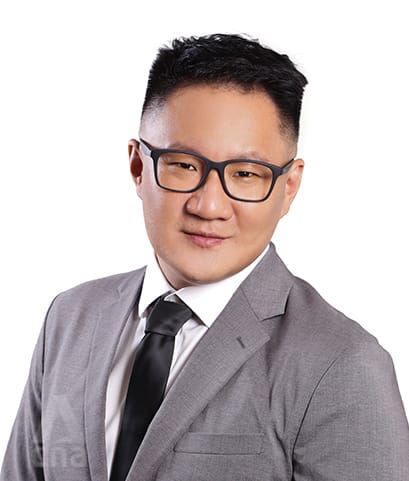Starting over: Catering social enterprise helps refugees in Malaysia earn a living
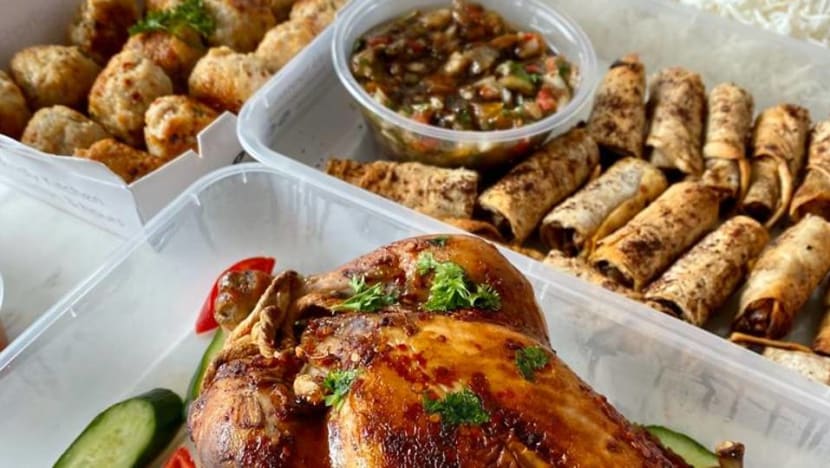
A recent menu prepared for Mother's Day 2020 during Malaysia's Conditional MCO period. (Photo: PichaEats)
KUALA LUMPUR: Upon her arrival in Malaysia in 2018 after fleeing conflict-stricken Gaza, a huge sense of relief washed over Heba.
"When we reached Malaysia, we felt completely safe, it's a feeling I haven't had all my life in Palestine," the 33-year-old said.
Now living with her children as refugees in Kuala Lumpur, Heba can finally leave behind memories of the harrowing 12 hours escaping Gaza, where they trod on a deserted road into Egypt.
She now supports her family by collaborating with PichaEats, a social enterprise which assists refugees to earn a living by serving their home countries' cuisines.
PichaEats' offerings range from Mantu, an Afghan take on spiced meat dumplings, to well-known Arab dishes such as falafel, hummus and mandi rice.
A venture by Lee Swee Lin, Kim Lim and Suzanne Ling, PichaEats started out as the Picha Project, named after the child of the first refugee family they partnered in 2016.
Little did the trio realise they would end up partnering with 25 chefs from Malaysia’s refugee community in 14 kitchens.
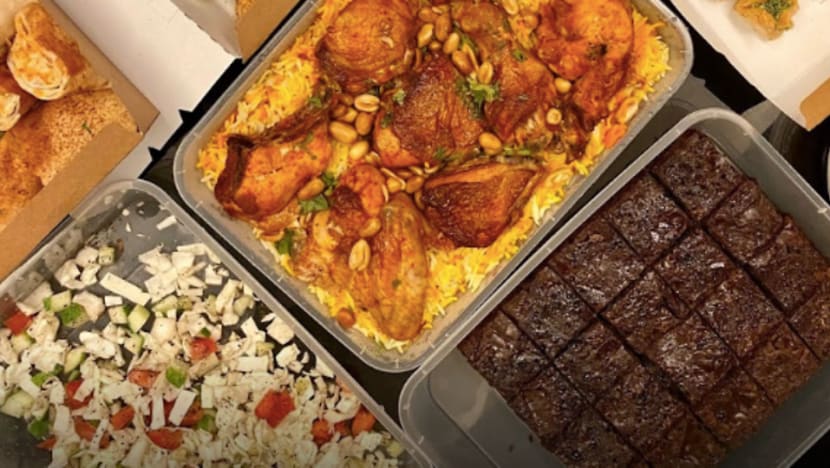
“We realised that refugee kids were dropping out of education to work part-time and support their family. Therefore, making sure the family was self-sustaining was our goal,” said Kim.
“Seeing as how cooking is a basic survival skill, the idea came up to utilise the refugees’ cooking to access Malaysia’s food scene, and allow them to showcase their culinary skills and cuisines to customers,” she said, adding that the team communicates with the refugees through translators.
Until March this year, PichaEats’ main revenue source was catering for events.
Fifty per cent of the proceeds from each catering event goes to the chefs to cover the ingredients and their living expenses, while the other half goes towards supporting PIchaEats' operations and reinvestment to grow its impact.
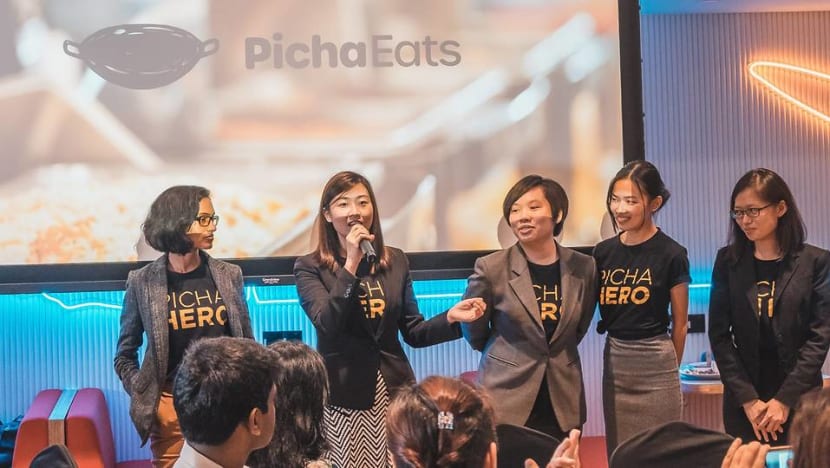
PICHAEATS HAS BECOME MY SECOND HOME: REFUGEE CHEF
Malaysia is not party to the United Nations’ 1951 Refugee Convention and its 1967 Protocol. As such, refugees who are able to make their way to Malaysia are seen as illegal immigrants, leaving them open to arrest by immigration officers.
Adults are barred from seeking legal employment to sustain themselves, and children have little access to affordable and certified schooling. Access to other services such as affordable healthcare is also severely limited, and as a whole, this leaves them vulnerable to exploitation.
According to the United Nations High Commissioner for Refugees’ statistics, there are 179,520 refugees and asylum-seekers in Malaysia as of March 2020, with 46,740 of them being children below 18.
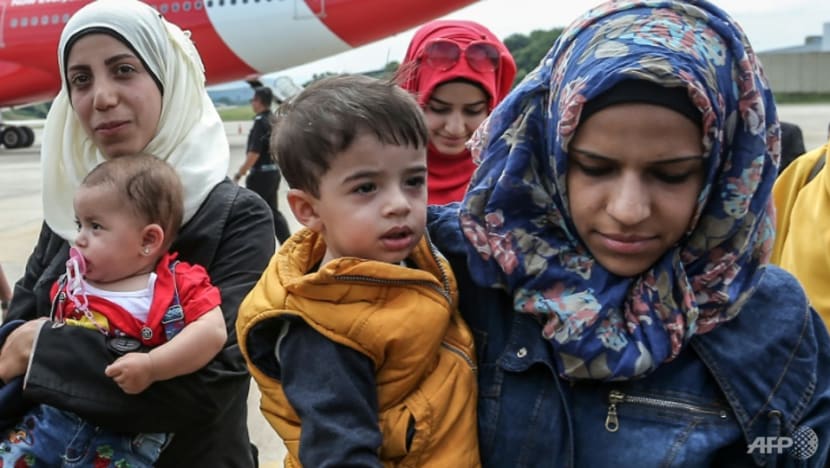
These issues can become disadvantages for someone like Heba. Finding a specific ingredient can become a task, more so when she does not have her own transport.
"I am seen as illegal, but I have to respect Malaysia's laws and rules, and I teach my kids the same things," she told CNA via text messages translated from Arab to English by a translator.
Heba got to know about PichaEats through her aunt, who was already working with the team.
She added to the menu spicy qabsa rice, roast chicken and chicken sambusak, a pastry similar to curry puffs but with Middle Eastern flavours.
"PichaEats has become my second home after Malaysia. It provide my kids and I with safety, and I realised my own value and that there is hope in this life, after the deprivation of all basic human needs in Gaza," she said.
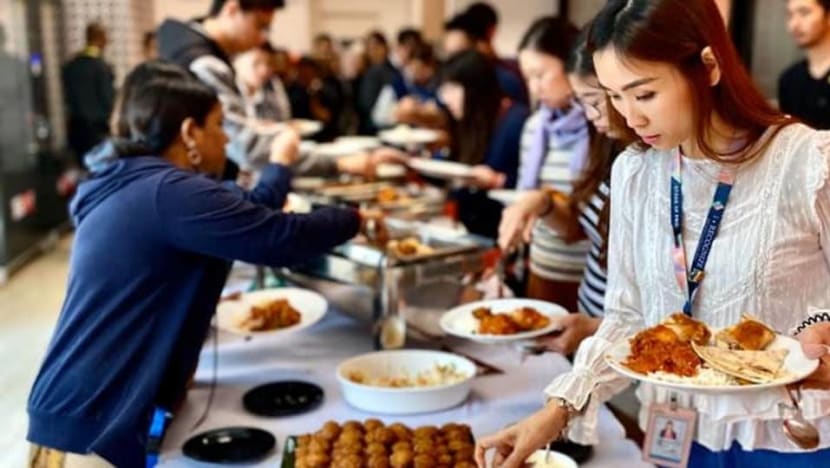
COLLABORATION AND EXPANSION
To reach a wider audience, PichaEats has been collaborating with other Malaysian social enterprises to co-market and promote each other's products.
These included featuring rice grown in Sarawak's Lun Bawang highlands, and promoting local batik with dessert orders.
“We also work with non-profit organisations to identify chefs in their respective communities who can and want to cook with us,” said Kim.
As with most other food and catering enterprises, PichaEats’ revenue took a major hit when the Malaysian government instituted its movement control order (MCO) since Mar 18.
There is no catering when people cannot host events, hence the team tweaked its packages by lowering the minimum order from 10 pax to five and focusing on home delivery.
It also participates in webinars and partners with local influencers to further raise PichaEat’s profile and its cause.
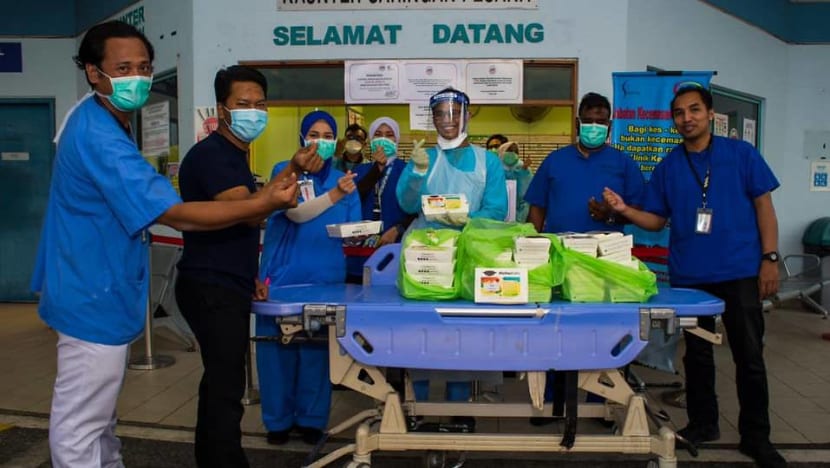
To contribute to the fight against the pandemic, PichaEats reactivated the Zaza Movement fund it started back in 2017 to provide food to frontliners and the B40 (bottom 40 percent of households).
The fund is named after a late Syrian cook.
“People can contribute to enable refugees to cook, and then we deliver them to frontliners and people in need,” Kim explained, adding that 13,000 sets of meals have been delivered since MCO was implemented.
She said the public has been very supportive, except for one or two who criticised PichaEats for focusing on refugees instead of Malaysians.
But they were not really bothered.
“Most importantly, our supporters trust the work we do, and I remember during the first few weeks of the MCO, customers were leaving love notes for us in their orders. It really kept us going,” Kim said.
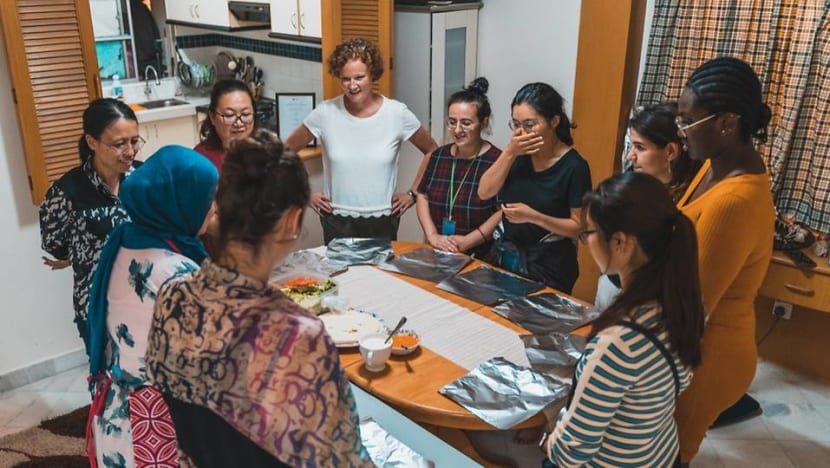
Moving into the future, PichaEats' plans to grow its mini buffet service as it does not see catering business recovering so soon.
With the institution of the MCO and its more relaxed conditional version since May 4, Heba said refugees would have to adapt to new ways of life.
“We’ve acquired new habits during this COVID-19 period, like social distancing and not going out unless necessary. I’m afraid this will have a negative effect on my kids and our social life,” Heba said.
But one thing remained for sure - Malaysia is now considered her "home country".
"It provided me with safety and peace, my family and I would give our souls to protect it," she said.








